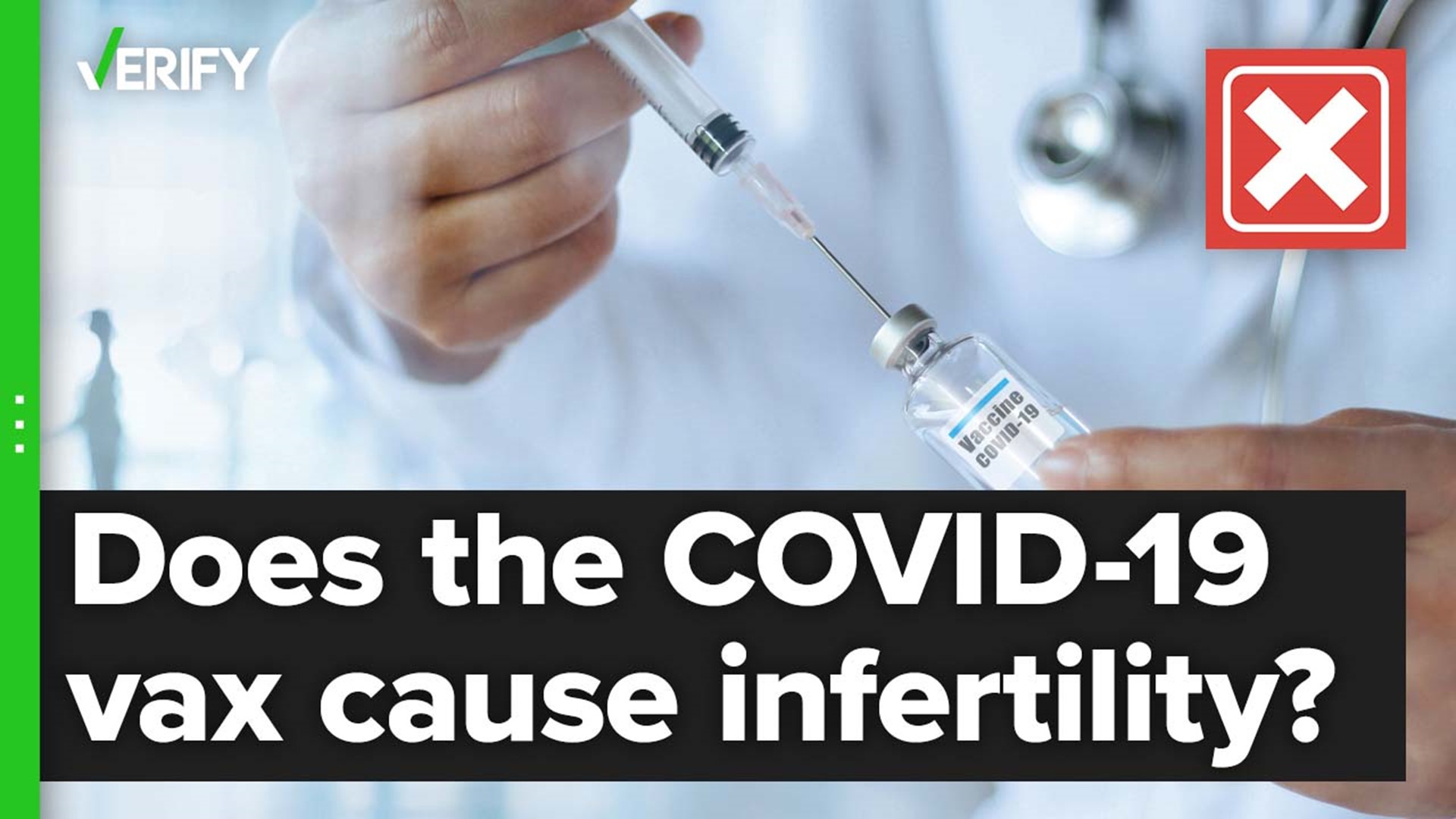Hawaii plans to lift its COVID-19 quarantine requirement for travelers on March 25, meaning those arriving after that date from other places in the U.S. won't have to show proof of vaccination or a negative test to avoid sequestering themselves for five days.
Hawaii is the only U.S. state to implement a coronavirus quarantine program of this kind.
Gov. David Ige said at a news conference the requirement saved lives and was a major factor in limiting the spread of COVID-19 in the islands. Hawaii has one of the lowest coronavirus infection rates in the nation.
The quarantine period for travelers lasted 14 days when Hawaii first imposed it in March 2020. The state later created testing and vaccination exemptions.
The state screened 11.3 million passengers since the testing exemption was launched in October 2020, Ige said.
The governor said he would maintain Hawaii's indoor mask mandate at least through March 25, and would be evaluating whether to lift it after that.
Those arriving in Hawaii from outside the U.S. still must adhere to U.S. federal guidelines.
U.S. citizens, permanent residents and immigrants traveling to the U.S. are required to show a negative COVID-19 test or provide documentation they’ve recovered from an infection.
Non-U.S. citizens and those not traveling to the U.S. on an immigrant visa must be fully vaccinated as well as show proof of a negative COVID-19 test or provide documentation of infection recovery.

